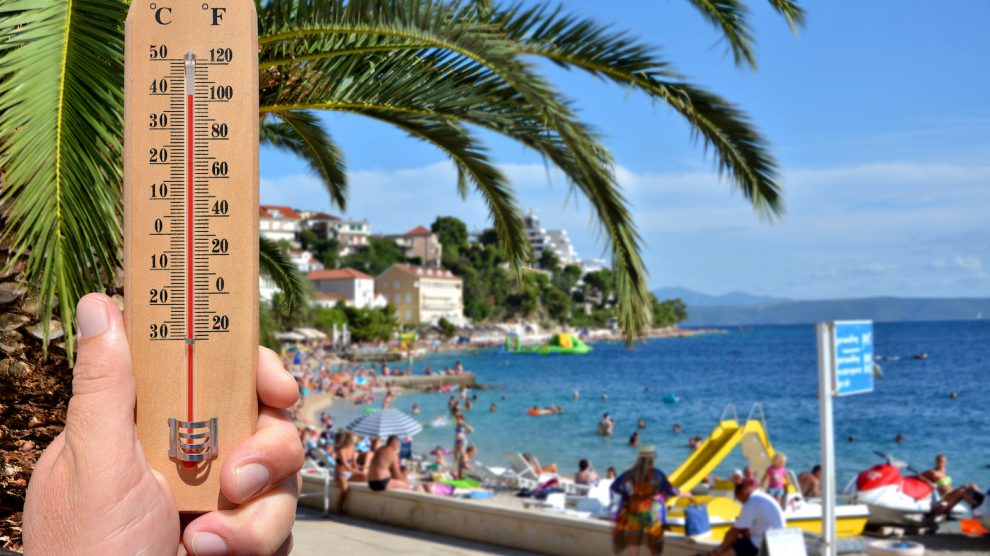Throughout this summer, especially in July, persistent heat waves have affected significant parts of Europe, causing wildfires, droughts, evacuations and heat-related deaths. While the highest temperature across the emerging Europe region was recorded in Croatia — 39.4 Celsius degrees, the United Kingdom saw thermometer bars going beyond 40 degrees for the first time, while the mercury reached 47 degrees in Pinhão, Portugal on July 14 — the highest temperature among countries in Europe affected by heatwaves this summer.
Andreas Beckmann, CEO of WWF in Central and Eastern Europe, spoke with Andrew Wrobel about the consequences of inaction to protect the environment and the biosphere in the region on people’s lives, supply chains, and economies.
They also discussed the role of governments and businesses in setting up the climate action agenda, the role of environmental, social, governance (ESG) in reaching the UN’s Sustainable Development Goals, and finally, sustainable growth in the emerging Europe region, including building a sustainable economy in post-Ukraine.
Unlike many news and information platforms, Emerging Europe is free to read, and always will be. There is no paywall here. We are independent, not affiliated with nor representing any political party or business organisation. We want the very best for emerging Europe, nothing more, nothing less. Your support will help us continue to spread the word about this amazing region.
You can contribute here. Thank you.


